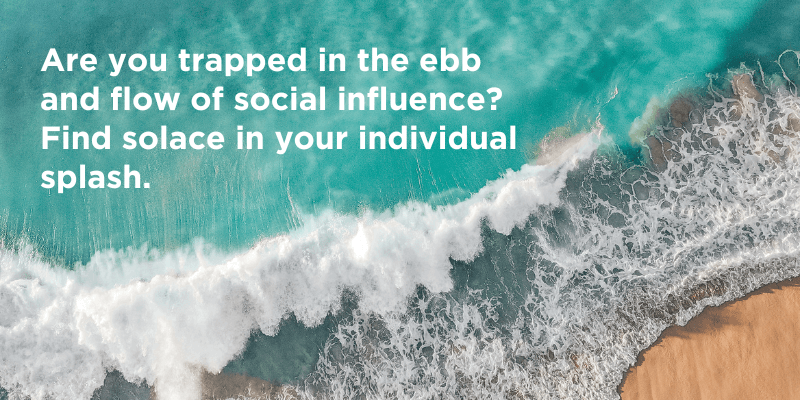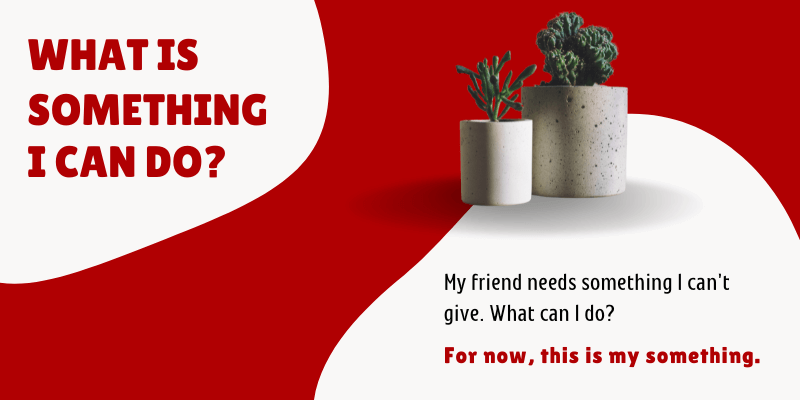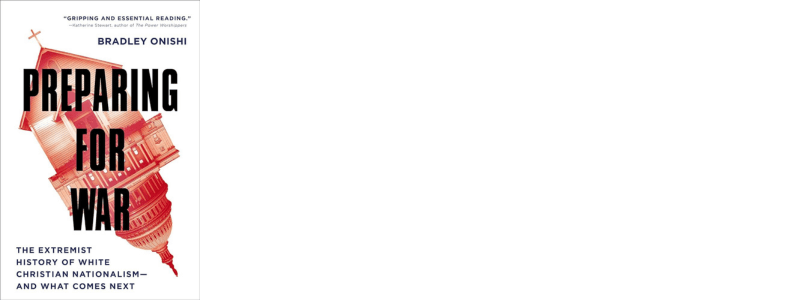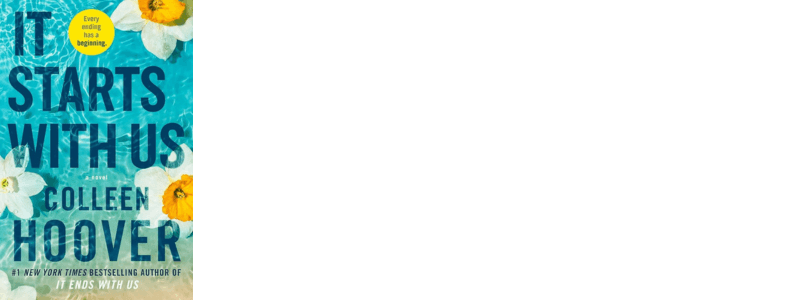The two older gentlemen were amusing me. But they weren’t amusing each other.
Their volume was increasing. Their voices were losing their calm sheen. Their facts were volleyed back and forth to prove their own point right, and the other man wrong.
Along with several others, my husband Jeff and I had gathered at our local public library for an interesting presentation on the history of our town. The speaker traced it back to the indigenous peoples, the Revolutionary War, the Civil War, up to current city growth.
But the stumbling block came when a date was questioned from the crowd. Exactly when was the elementary school for the African American kids built in the 1950s?
Gentleman A spoke up from the audience and said the school was built in 1949. Gentleman B countered with 1951.
“No,” Gentleman A said, “it was before 1950 because I joined the Air Force in 1950 and the school was already there.”
“Wrong,” Gentleman B said. “I was born in 1945. I attended school first at our Black church because the elementary school wasn’t built yet. Plus, I have lived across from that school all my life, so I oughta know.”
How easy it is to be entertained by the gentle arguments of others, especially when the crossfire doesn’t involve me.
But with my curiosity now piqued about who was right, I pulled out my phone and googled the school’s construction date.
Both men were wrong (well, assuming the article I found was accurate). The school had been built in 1953.
I smiled to myself, but kept my mouth closed. The meeting continued on.
After it ended, I stayed behind to chat with some fellow citizens from my youth. One woman commented on how close I had lived to the elementary school years ago.
“No,” I said. “I never lived close to the school. My family’s house was several streets over.”
“But not when you were really young,” she replied. “You lived by the school.”
I responded negatively one more time.
Then I realized what I was doing. It was the same thing I had seen the older gentlemen do just thirty minutes earlier.
When they were disagreeing over a fact, it was amusing. But now that I was doing it? It was annoying.
Catching myself right in the act was startling. My curiosity piqued again. How human of me to argue over minor details! The awareness of this common tendency among us all was enough to stop me in my tracks.
Instead, could I hold space in my imagination for amusement about my own disagreeableness? Could I allow curiosity to win the argument instead of insisting on being right?
Some facts can be proven as right or wrong. Where I once lived was a provable fact. But not right then and not right there.
Sometimes you just have to let things go for the greater good, and let memories remain a mysterious and curious thing.
I stopped arguing. And continued the conversation with the friend as if she were right. It had been a lovely evening. Why spoil it?
The importance of maintaining a relationship was stronger than winning an argument.

* * *
When I got home, I did text my siblings though. We never lived near the elementary school, right??? They agreed we did not. (Maybe I haven’t totally lost my mind yet.)
Share your thoughts in the comments.














